

Hagahan waxa uu bixinayaa dulmar dhamaystiran oo ku saabsan boolal alwaax ah, kaa caawinta inaad doorato nooca ku habboon mashruucaaga soo socda. Waxaan dabooli doonaa noocyo kala duwan oo biro ah, agabka, cabbirka, iyo codsiyada, annagoo hubinayna inaad gaarto natiijooyin xirfad u eg.
Suuqa ayaa bixiya noocyo kala duwan oo kala duwan boolal alwaax ah, mid kasta oo loogu talagalay codsiyo gaar ah. Fahamka kala duwanaanshahan ayaa muhiim u ah mashaariicda guuleysta. Waa kuwan qaar ka mid ah noocyada ugu caansan:
Qalabkaaga boolal alwaax ah si weyn ayay u saamaysaa cimrigooda iyo iska caabbinta daxalka. Qalabka caadiga ah waxaa ka mid ah:
Doorashada cabbirka ku habboon ayaa muhiim u ah guusha mashruuca. Aad u yar, oo boolaluhu ma xajin doonaan; aad u weyn, waxaadna halis u tahay inaad xaabada kala qaybiso. Tixgeli arrimahan:
| Nooca Qoryaha | Dhererka furka lagu taliyay (inji) | Dhexroorka Iskoolada lagu taliyay (inji) |
|---|---|---|
| Softwood (Pine, Fir) | 1.5 - 2.5 | #6 - #8 |
| Hardwood (Oak, Maple) | 2 - 3 | #8 - #10 |
Godadka tijaabada ka hor waa muhiim, gaar ahaan marka la shaqaynayo alwaax adag ama la isticmaalayo boolal waaweyn. Tani waxay ka hortagtaa kala qaybinta alwaax waxayna hubisaa nadiifin, dhammaystir xirfadeed. Isticmaal wax yar oo ka yar dhexroorka caarada biraha.
Doorashada saxda ah boolal alwaax ah waxay muhiim u tahay mashruuc guul leh. Adiga oo tixgelinaya qodobbada kor ku xusan - nooca isugeynta, walxaha, cabbirka, iyo qodista ka hor - waxaad xaqiijin kartaa kala-goysyada adag, raagaya iyo dhamaystir xirfadeed. Xusuusnow inaad hubiso alaab-qeybiyeyaasha sida Hebei Muyi Import&Export Trading Co., Ltd fursadaha tayada sare leh.


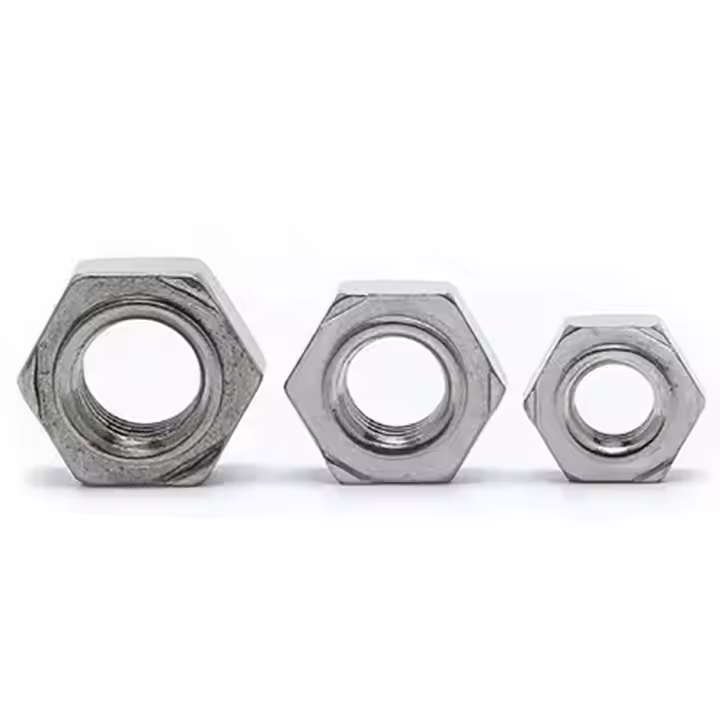
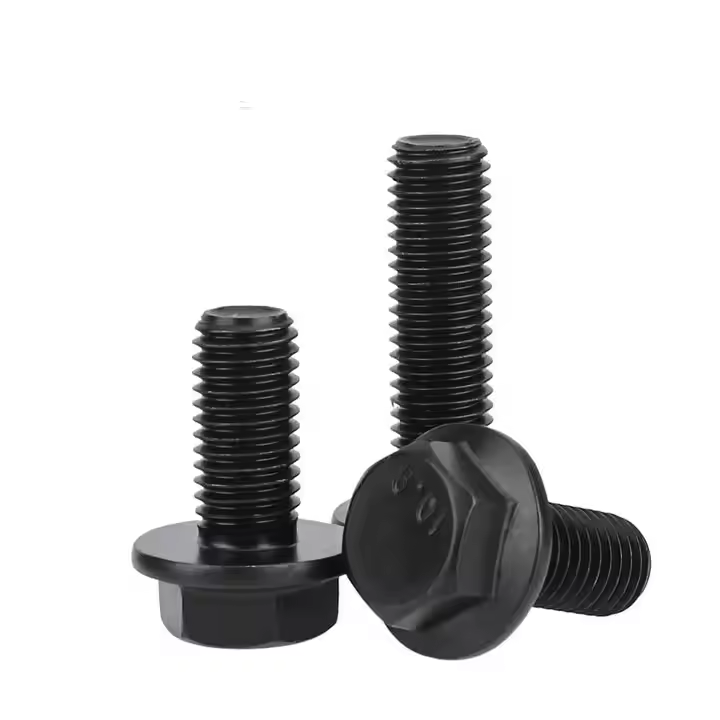


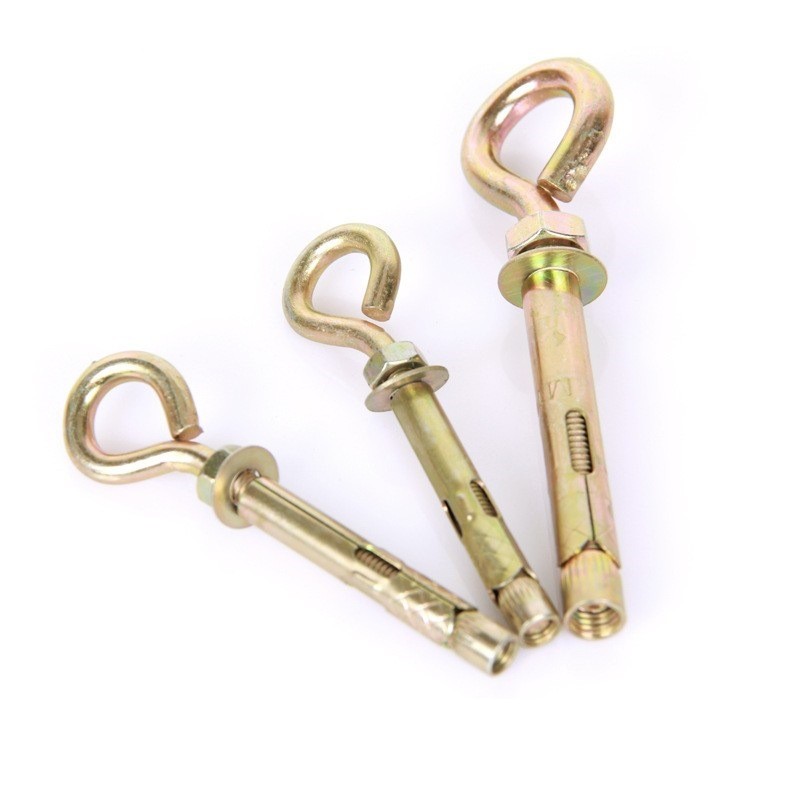

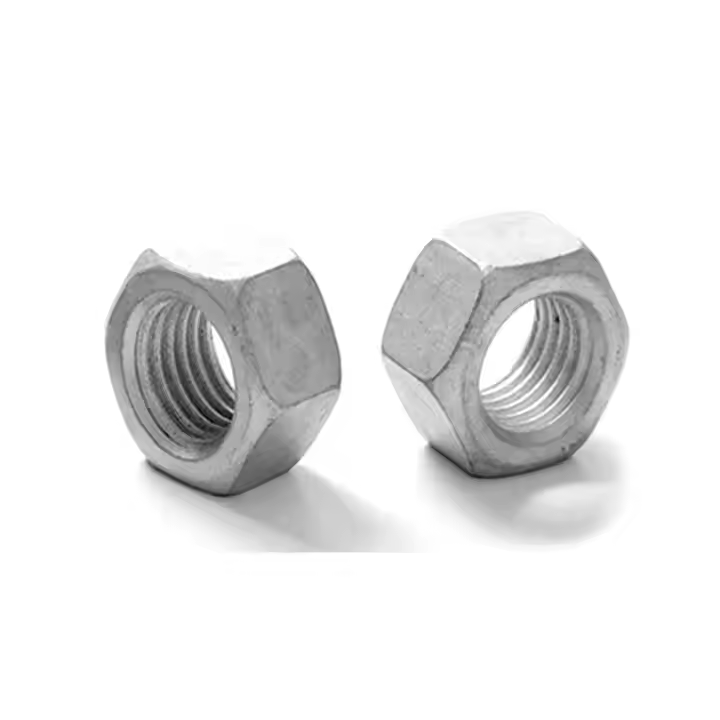



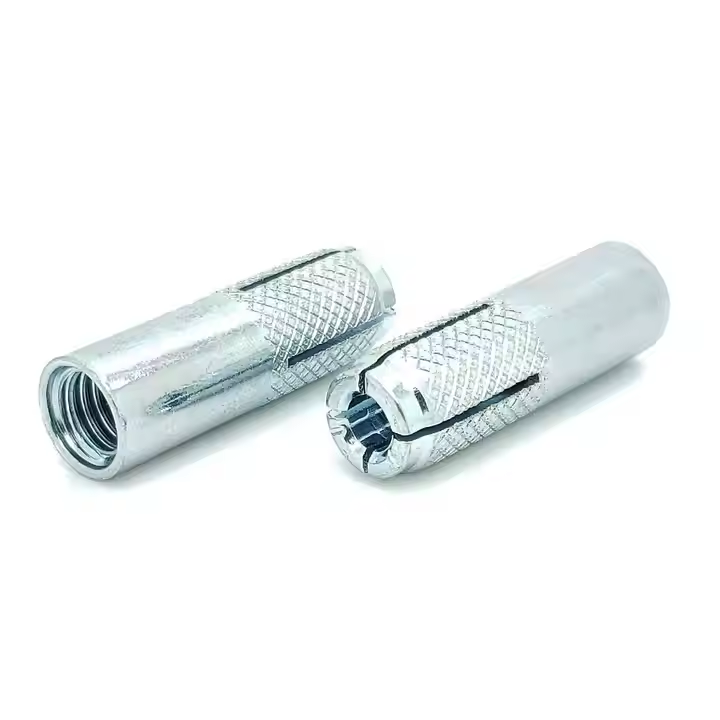
Fadlan geli ciwaanka emailkaaga waxaanu kuugu jawaabi doonaa iimaylkaga